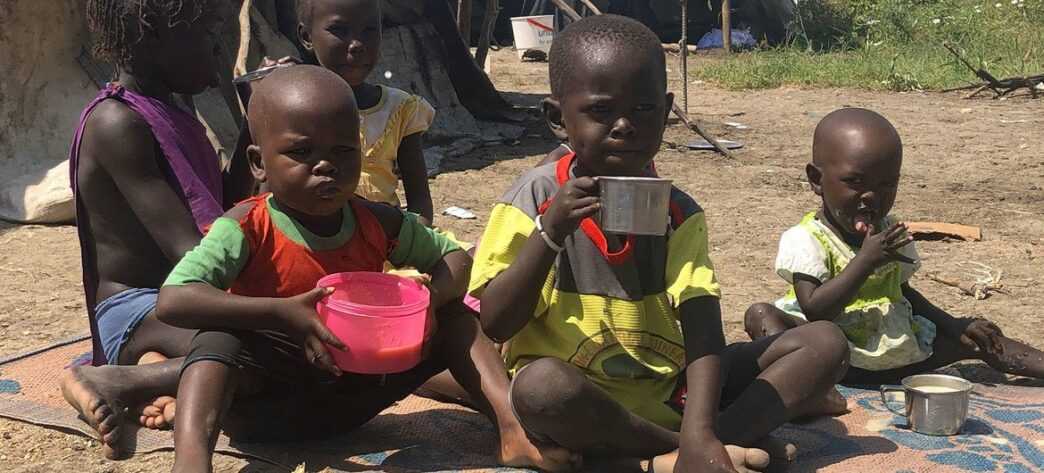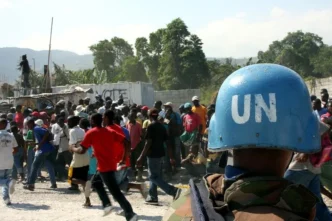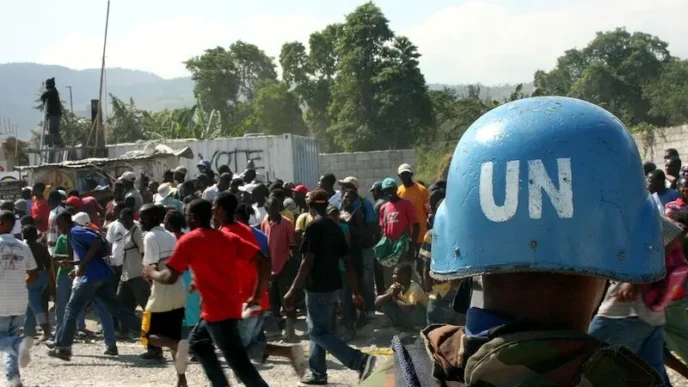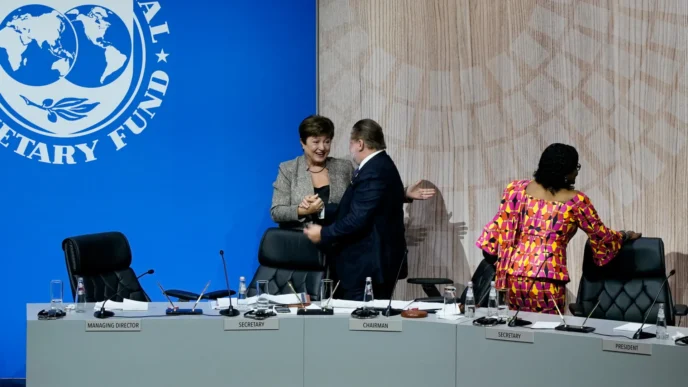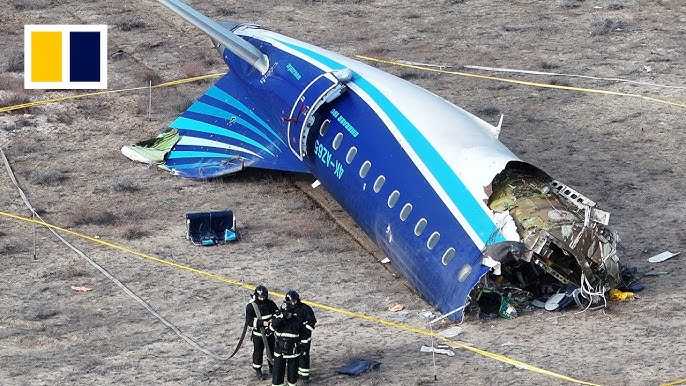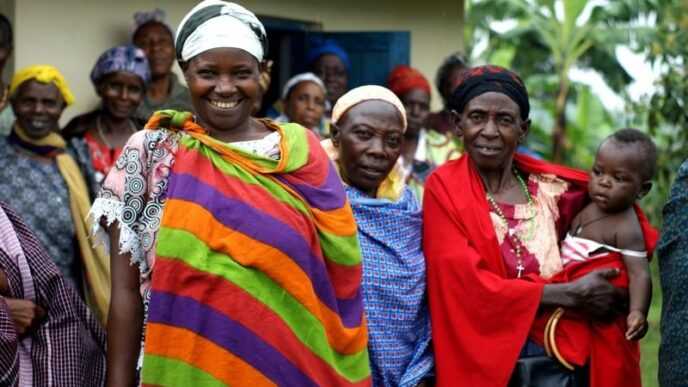Escalating Famine in Sudan: Urgent Need for Action
Sudan faces an escalating famine crisis fueled by a prolonged war between the military and the paramilitary Rapid Support Forces (RSF). The conflict has devastated the country, causing mass displacement, economic collapse, and widespread hunger.
According to the Integrated Food Security Phase Classification (IPC), famine conditions have been confirmed in several areas, with over 638,000 people affected.
Key Areas Impacted by Famine
The IPC identified five key locations experiencing famine, including the Zamzam displacement camp in North Darfur, home to over 400,000 people. This is the first time famine has been reported in this camp.
Additionally, famine has spread to Abu Shouk and Al-Salam camps, also in North Darfur, and to the Western Nuba Mountains.
Other areas, such as Khartoum and the east-central province of Gezira, may also face famine-like conditions. However, limited access to data has hindered experts from confirming whether these regions have surpassed the famine threshold.
The Humanitarian Toll
The conflict has killed more than 24,000 people and displaced over 14 million, accounting for nearly 30% of Sudan’s population. An estimated 3.2 million people have fled to neighboring countries, including Chad, Egypt, and South Sudan. Sudan’s marketplaces face severe food shortages, and skyrocketing prices have left vulnerable populations in dire conditions.
“The situation in Sudan is just awful. It is unacceptable in a world like today,” said Dervla Cleary, a senior emergency officer at the U.N.’s Food and Agriculture Organization.
Challenges in Humanitarian Aid
Aid groups report significant challenges in reaching affected areas, particularly in North Darfur, where warring factions restrict access. This limitation exacerbates the crisis, leaving many without essential support.
Sudan’s government has further complicated relief efforts by suspending participation in the IPC monitoring system. Agriculture Minister Abu Baker al-Beshri accused the IPC of undermining Sudan’s sovereignty, a claim dismissed by humanitarian groups emphasizing the urgency of addressing the famine.
A Call for a Ceasefire
The IPC has called for an immediate ceasefire, citing it as the only viable solution to prevent famine from spreading further. Without a halt to the conflict, the risk of additional regions slipping into famine remains alarmingly high.
Broader Implications
Sudan is now the third country in the past 15 years to experience famine, following South Sudan and Somalia. This crisis underscores the urgent need for global efforts to address food insecurity, particularly in conflict zones.
Conclusion
As Sudan grapples with the devastating effects of war and famine, the international community must intensify its support. From facilitating humanitarian aid to advocating for a ceasefire, swift action is crucial to saving lives and preventing further deterioration.
The crisis in Sudan is a stark reminder of the profound human cost of conflict and the pressing need for sustainable solutions.
What are your thoughts on addressing famine in conflict zones like Sudan? Share your ideas below and join the conversation.
Read More:

